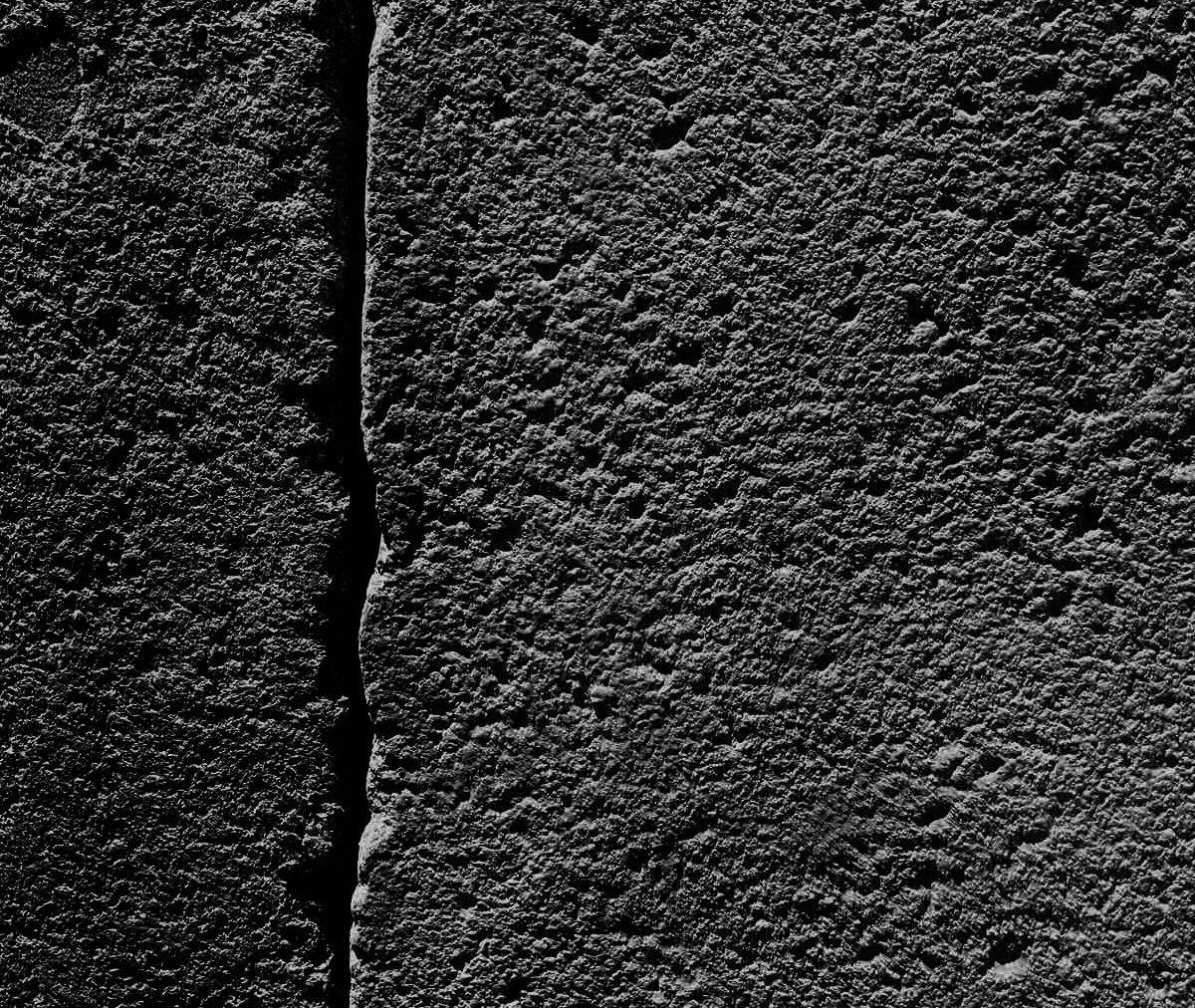For Heidegger, facticity is what decides, conditions, and determines Dasein’s existence from out of and through Dasein’s own existence in the world. That is, the existential determining of Dasein’s existence in the world, of Dasein’s ways of being in the world.
In other words, facticity is that whose origin is the existence of Dasein in the world, that which determines and conditions Dasein’s existence, and that which, in its determining and conditioning, renders available genuine choosing and authentic possibilities.
In early Heidegger’s thought and whilst working on his dissertation and habilitation, facticity is placed over against the logical in neo-Kantianism, which is universal, absolute, and timeless. That is, facticity is related to what is accidental, individual, and temporal.
During Heidegger’s early lectures in Freiburg, he phenomenologically thinks-philosophizes life in its direct revealing and giving of itself. According to Heidegger, the situation, in which life finds itself, and the world, which surrounds and decides life, are experienced and understood by life. Facticity is here perceived as a life encountering itself in a meaningful world through its own familiar situation. According to Heidegger, “factical life in its facticity, its richness of relations and meanings, is what is nearest to us“.
Heidegger then begins to take Dasein’s factical life in the world as the ground in which he grounds his notion of facticity. That is, the inevitable togetherness of Dasein and its world is that in which Heidegger’s facticity is grounded, since, for Heidegger, Dasein is always immersed in its world.
This notion of Dasein’s constant immersion in its world is introduced and discussed in Being and Time and also in the Marburg lectures (1924/28). According to both the Marburg lectures and Being and Time, Dasein’s being is a being-in-the-world in the sense that being-in-the-world is what decides and forms Dasein’s being.
Dasein is constantly in a world; Dasein lives in a world. Manifold relations thus result from this being-in-the-world; manifold ways in which Dasein relates to different objects and an already implied and encountered Other. These relations and manifold ways of relating are governed by “care”, for they, in their totality, constitute Dasein’s world.
Only Dasein can be in a world; only Dasein can live in a world. Objects and animals, for Heidegger, cannot be in a world. Objects and animals, according to Heidegger, are world-less; they merely occur within the world, they do not live, they are not, in a world. Dasein, on the other hand, lives and is in a world, a world that is formed and constituted by Dasein itself.
Hence, Dasein’s thrownness belongs to Dasein’s facticity, for thrownness indicates that Dasein finds itself already thrown into a world, a situation, and that which determines and conditions Dasein’s own existing in the world.
Facticity thus refers to Dasein’s being-in-the-world; it says Dasein’s own and unique ways of existing in the world existentially and ontologically. In other words, facticity refers to Dasein’s existing in the world from out of and through this existing itself. This means that facticity is not a descriptive, theoretical, detached, or scientific analysis of Dasein, but rather Dasein’s own existential being in its world, that is, Dasein’s ways of existing in a world shared by others. According to Heidegger, to facticity belongs “the being-in-the-world of an ‘inner-wordly’ being but in such a way that this being can understand itself as bound up in its ‘destiny’ with the being of beings that it encounters within its own world”.
Facticity also refers to how Dasein’s existence in a world determines, decides, and governs Dasein’s possibilities, that is, how Dasein’s own being-in-the-world conditions the possibilities offering themselves to Dasein and how what is offered as a possibility is that through which could Dasein become what it is not or remain what it is. This is why Heidegger says that “Dasein is constantly ‘more’ than it factually is” and that to the facticity of Dasein belongs the possibility of being “what it becomes (or alternatively, does not become)”. In other words, Dasein’s ways of existing in the world are determining, deciding, and governing. Yet from out of what determines and renders conditioned and decided, authentic possibilities and genuine choosing arise and first become possible.
For more articles on Heidegger’s philosophy, visit this webpage.

